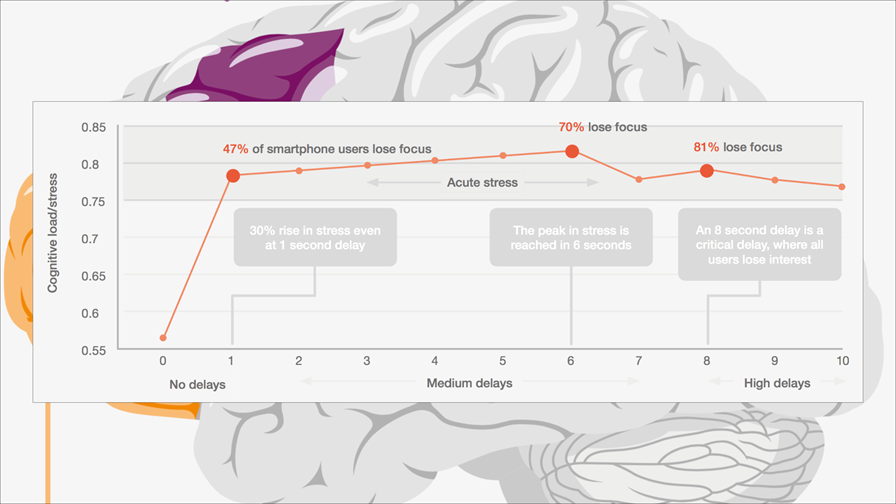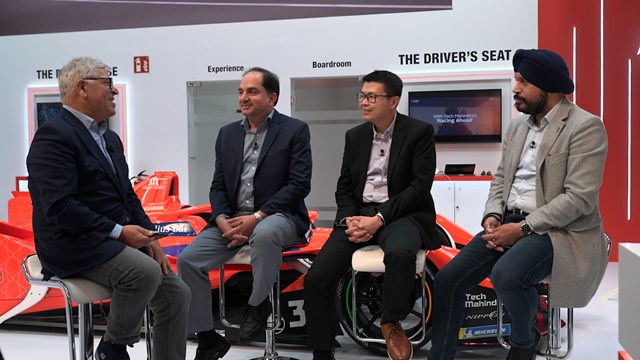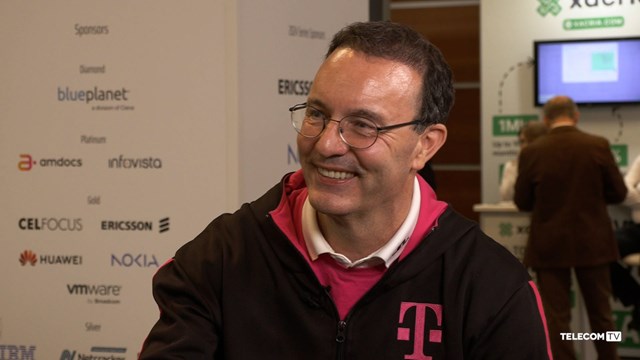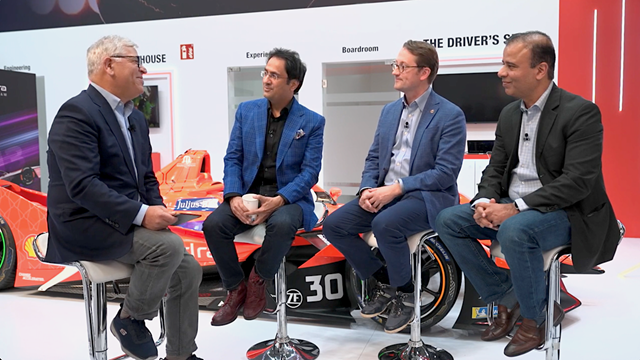
© Ericsson
- Vodafone is the first telco to have utilised new ways of studying consumer emotions
- A mere two-second delay in uploading a selfie can cause stress
- Consumers have high expectations around time to content
- 150 subscribers volunteered to be wired to EEG equipment for the project
Ericsson and Vodafone Germany have used neuroscience to understand what mobile broadband subscribers really think about poor network performance. In a research project completed this week, electroencephalography (EEG) equipment was used to monitor the brain activity of 150 subscribers who had volunteered for the project in Düsseldorf. The result showed that even small delays and disturbances raise the level of tension and stress, and have a negative impact on subscriber loyalty and operator brand.
How far we have come from the days of patiently waiting for our dial-up 56kbit/s modems to connect to the Internet and slowly assemble web content for us. Who didn’t mind going for a cup of tea whilst connections were underway? It was novel, exciting and cutting-edge. It was also desktop PC-based – smartphones had yet to be created. And we’re only talking about 15 years ago...
The subscribers taking part in the study were required to complete 13 specific tasks in 10 minutes using a smartphone, while a degradation in the quality-of-service was simulated. The tasks included common actions such as browsing web pages, streaming videos, and uploading selfies. In addition to the EEG equipment, eye-tracking gear and pulse meters were used to monitor the attention span and heart rate of the subscribers.
"The study proves how quickly smartphone users become unsatisfied when a broadband network is not performing at its best,” said Guido Weißbrich, Director Network Performance, Vodafone Germany. “A mere one-second delay when downloading or uploading content has a significant negative impact on the user experience, so streaming services must do everything to avoid lengthy buffering or freezing of content.”
To examine how subscriber loyalty and brand perception were affected, the study was complemented with a questionnaire that the subscribers filled out before and after carrying out the tasks. The insights from the research project has led Ericsson to launch "Ericsson Neurometric Analysis" and add it to its App experience optimisation portfolio. This new offering will be available for operators globally.
"It is essential for operators to understand how people actually feel about the service they provide and how it really impacts their day to day lives,” said Bradley Mead, Head of Managed Services and Network Design and Optimization at Business Unit Network Services, Ericsson. “We now have valuable data that can be used to optimize and engineer networks to maximize the experience when using popular applications."
The experiment yielded around 2.7 million data points for each smartphone user, which were analysed to understand what impact key events – especially mobile delays – have on stress levels, attention and emotional engagement with the mobile operator’s brand during the study.
As unbelievable as this may seem, the study found that users’ heart rate rises by 44 per cent for “millennials” who experience delays of just 2 seconds while uploading their selfies. On average, these 18-35 year olds were 35 per cent more stressed with mobile delays than adults aged 35 years and over. Get a life, kids.
Screaming media
The news gets worse for video streaming though. Participants experienced a 30 per cent rise in cognitive load or stress after only a one second delay, but continued to watch the video – yet 47 per cent of respondents seem to have lost attention at this point, although they still persevered with the video. The main cause, apparently, was the appearance of the buffering icon before the video loaded – which generates an automatic “oh no!” reaction. One second; that’s all.
Interestingly, those participants who were made to believe that they were using 3G mobile broadband services (they weren’t; everyone was on an LTE connection) were more tolerant and showed less stress towards delays as opposed to 4G users, which implies that people who are accustomed to 4G speeds have less tolerance towards video loading delays.
If a 30 per cent rise in stress after a one second delay sounds bad, then you had better hope that you don’t experience a six second delay, which was found to be the peak stress point, at which point 70 per cent of participants lost focus. An eight second delay proved critical, and all users lost focus.
The smartphone generation now expects instantaneous gratification. Telcos had better hope that they are not held solely to blame, and that they can deflect the causes of problems onto content providers such as YouTube.
Email Newsletters
Sign up to receive TelecomTV's top news and videos, plus exclusive subscriber-only content direct to your inbox.




